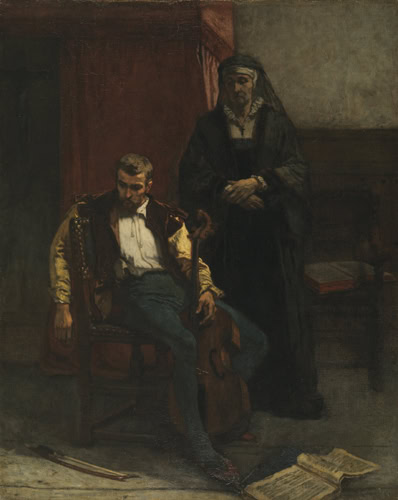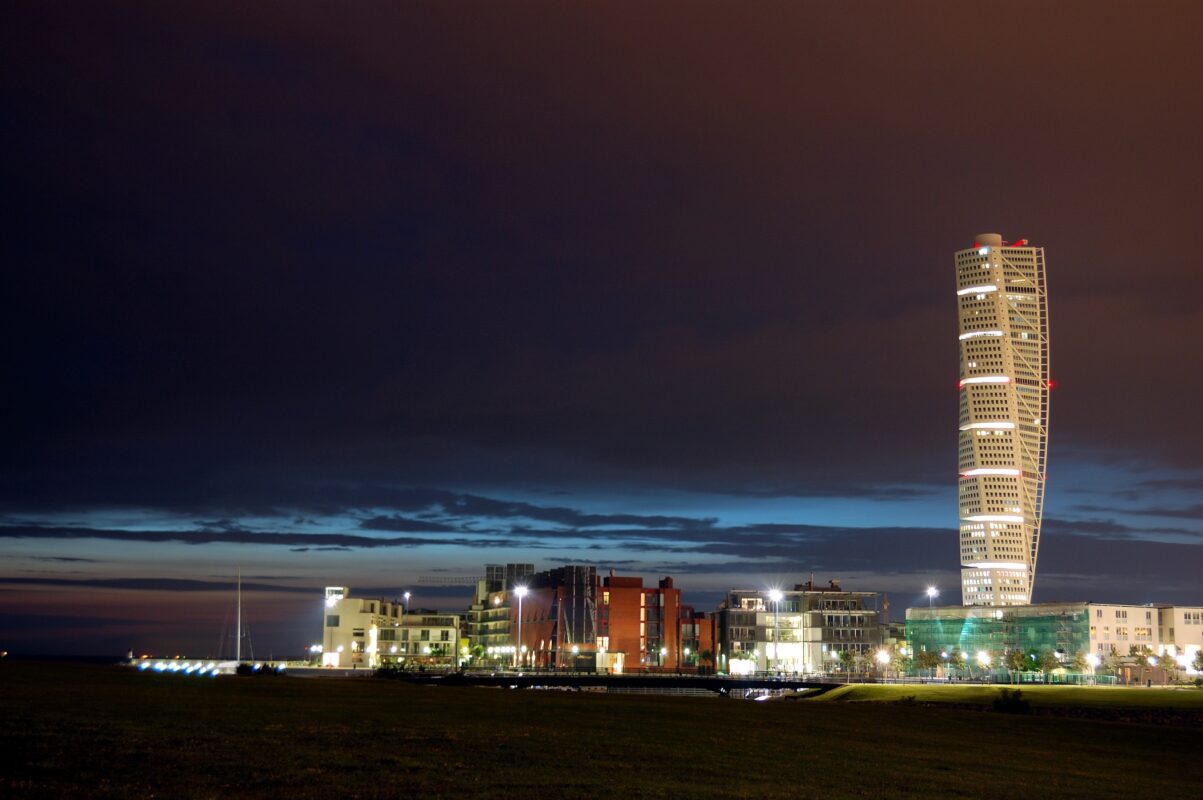Delegates' meeting with a vision for the future
This year's delegates' meeting of the Swiss Musicians' Association took place in the magnificently renovated foyer of the Stadttheater Bern. Cultural manager Beat Fehlmann was the guest speaker.
The SMV's annual delegates' meeting took place in Bern on May 30. As usual, the lunch before the meeting provided an opportunity for lively discussions with representatives of other sections, possibly also to discuss problems or get to know the atmosphere in other orchestras.
In her welcome address, Co-Central President Muriel Noble from Geneva pointed out that it is taboo to talk about musicians' health, even though it is acutely threatened by noise, stress and ageing, among other things. As the Swiss Code of Obligations mandates the protection of employees, she called on them to make use of their rights, such as consulting an occupational physician. Mentally and physically healthy musicians would also save money.
For Davide Jäger, Co-Central President from St. Gallen, the idea of solidarity was again central, as it is a fundamental value of the union. Permanent employees should support freelancers by not offering their services at dumping prices.
After a brief welcome address by Sebastian Schindler, the President of the SMV in Bern, Beat Fehlmann, the outgoing artistic director of the German State Philharmonic Orchestra Rhineland-Palatinate in Ludwigshafen and future artistic director and managing director of the Music Academy in Liechtenstein, took the floor as guest speaker.
Changing values with consequences
His lecture dealt with various aspects of the future. Skills that characterize the musician's profession, such as manual dexterity, perseverance and precision, but also creative thinking, are not self-evident in an age in which quick success and easy access are required. In general, there is a shift in values, and ethical and economic values are changing. For example, it is imperative to use resources carefully and to consider the ecological consequences of attending a concert or theater. The benefits of culture should be questioned by considering who benefits from culture and who uses it.
The nationwide, representative population survey "Relevanzmonitor Kultur 2025" conducted by Forsa - one of Germany's leading market and opinion research institutes - and carried out by the Liz Mohn Foundation found that 91% think that cultural offerings are important and 76% believe that they should be publicly funded. There is a discrepancy in that 2/3 of people do not use the offer and that 43% of young people think that it is not aimed at them or that they are out of place. Nevertheless, it can be said that art and culture are the cement of society. In areas with a richer cultural offering, participation in democratic processes is also higher. However, accessibility and local relevance are important. Fehlmann pointed out that aesthetic and social practice are equally important. Cultural institutions would have the following tasks, among others: Openness to innovation and transformation, cultural participation and inclusion, the ability to engage in dialog and network building, sustainability and resource management.
Competence center for music in Ludwigshafen
In Ludwigshafen, the proportion of residents with a migration background was 53% in 2022, and the trend is rising. Due to this challenging situation, Fehlmann had the idea of turning "his" orchestra into a center of excellence for music, the likes of which had never existed before. The collective agreement also had to be changed for this: 80 percent of working hours were to be used for regular orchestra operations and 20 percent for the development and implementation of new individual projects. Ideas from the orchestra are collected and evaluated in a transparent selection process. Of 78 proposals submitted, 41 were recommended for implementation and will be realized from the 2023/24 season onwards. The list of projects can be found on the orchestra's homepage (www.staatsphilharmonie.de), they range from a wide variety of concert formats to numerous music education ideas or a conducting competition to concerts with workshops and presentations on the topic of the climate crisis. The response from the orchestra members and the audience has been overwhelming. The model project "Competence Center for Music" was awarded the 20,000 euro "Innovation Prize" 2023 by the German Orchestra Foundation. In any case, the focus is on the local audience and their needs.
After this look into the possible future of the orchestras, it was back to the present of the SMV: all activity reports and annual accounts as well as the 2025 budget were approved and discharge was granted to the Board and the Central Secretary. In future, minutes of decisions taken at Board meetings will be sent out promptly. A proposal by 64 members to establish a national working group on the reconciliation of care and work was countered by a proposal from the Board of Directors ("Health and Safety Working Group"), which aims to resolve the issue in a broader context. As both proposals were accepted, it was decided to make a new decision after a one-year working phase of the working groups. A first version of a so-called tariff traffic light, which shows which orchestras adhere to the SMV tariffs and which do not, was completed. However, some orchestras did not respond to the survey. The traffic light shows that there is still some convincing to be done before the tariffs are applied across the board, a basic requirement of the SMV.
The minutes of this DM will be published on the SMV website and can also be viewed at the Central Secretariat.








